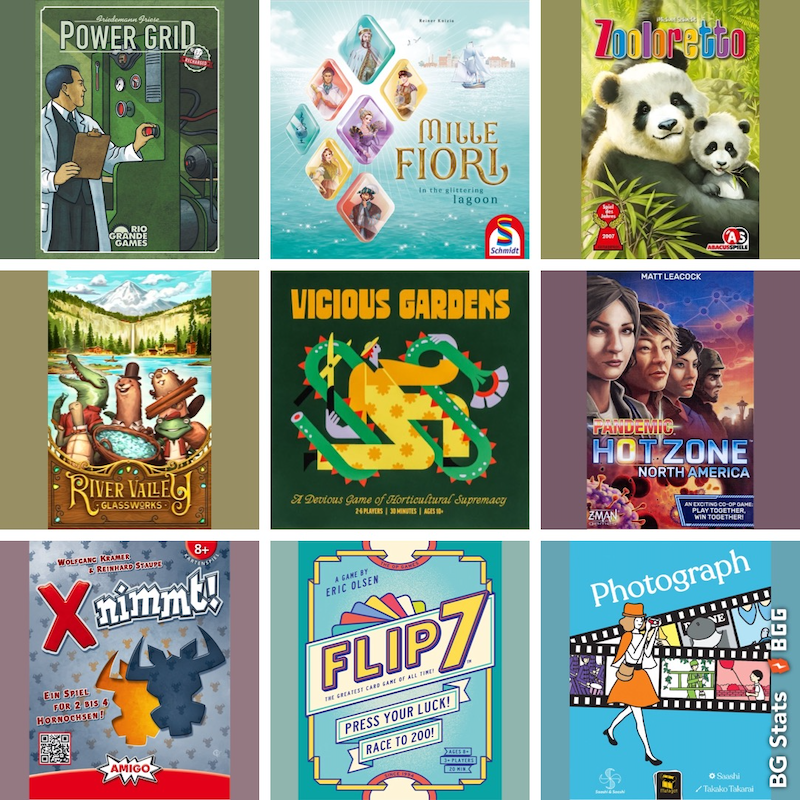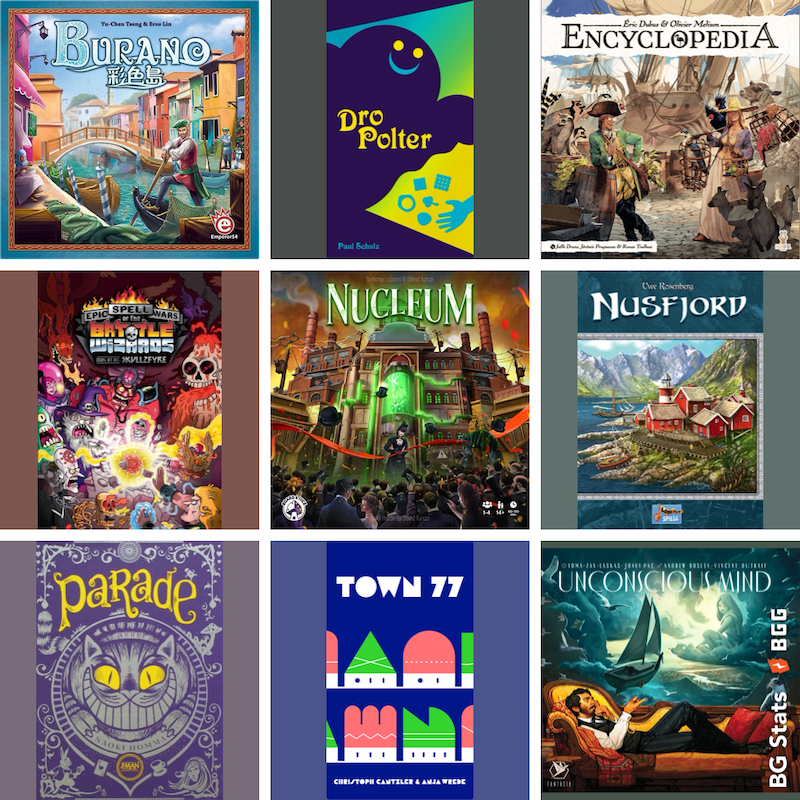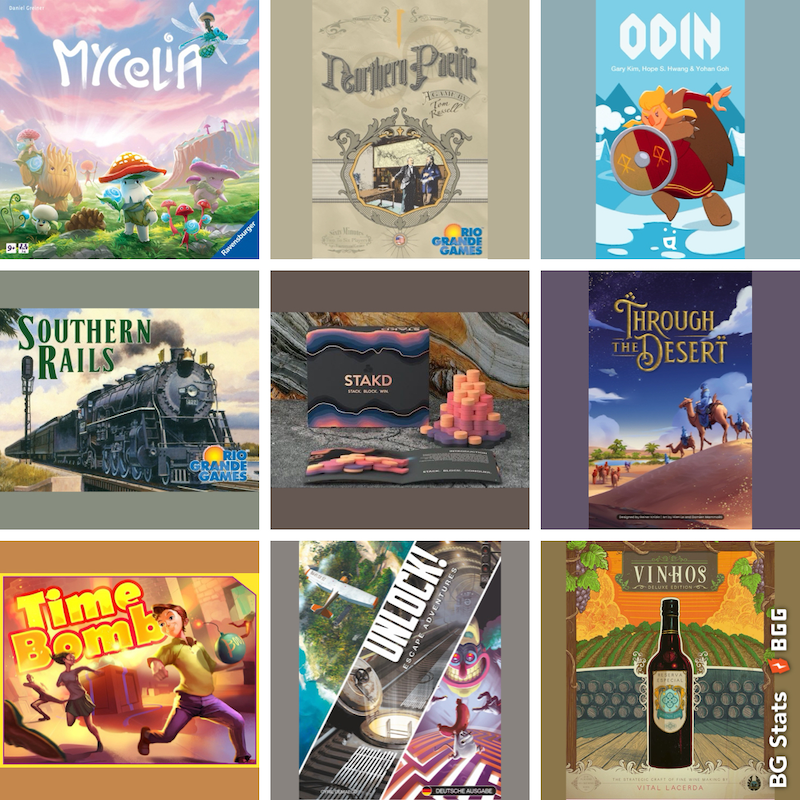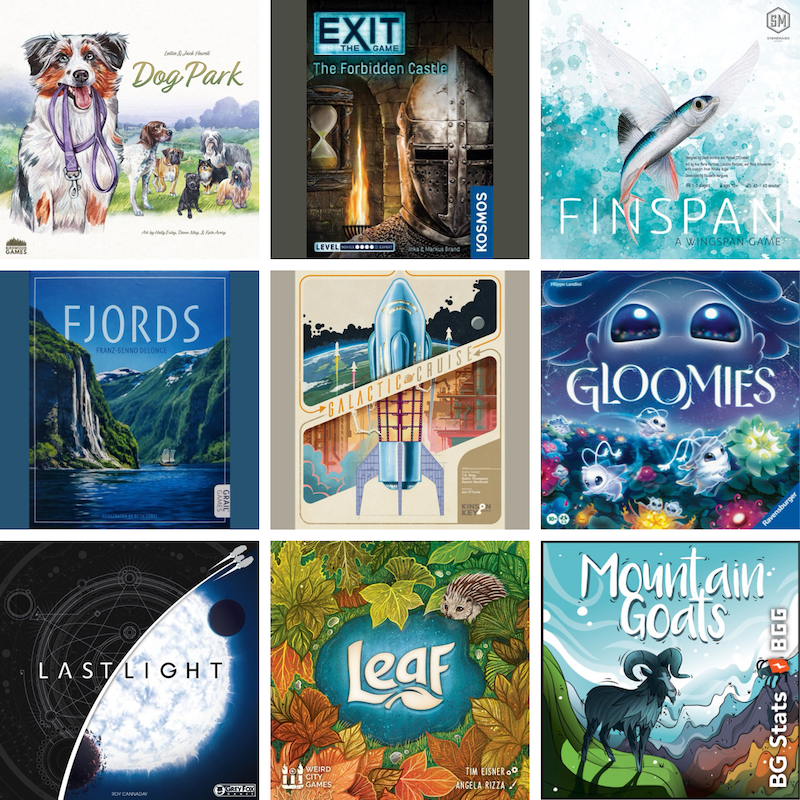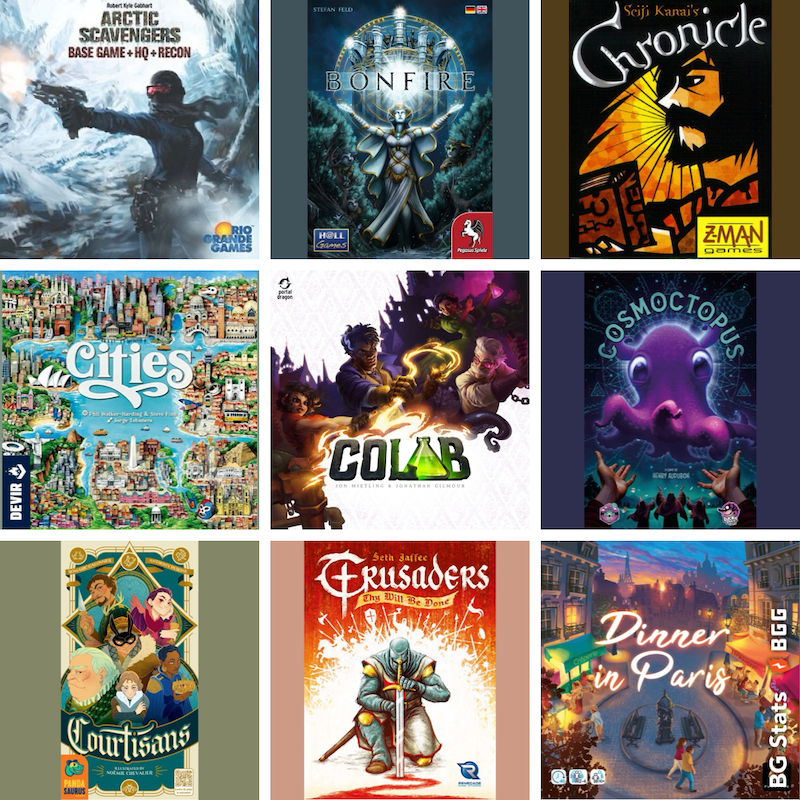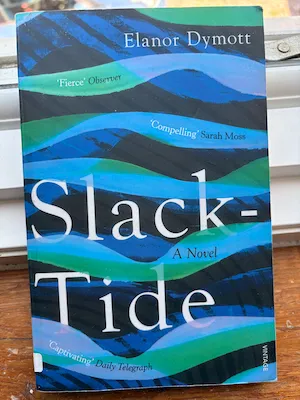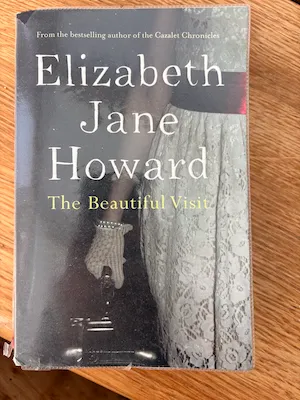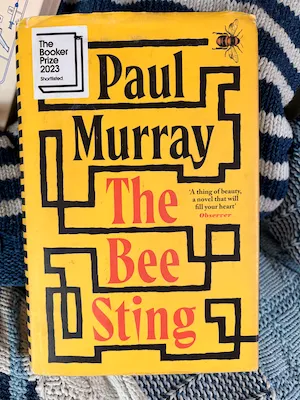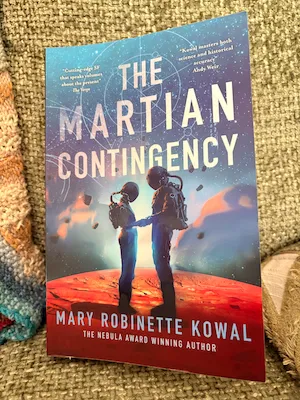A Question of Upbringing (A Dance to the Music of Time #1)
by Anthony Powell
Wednesday, January 8, 2020
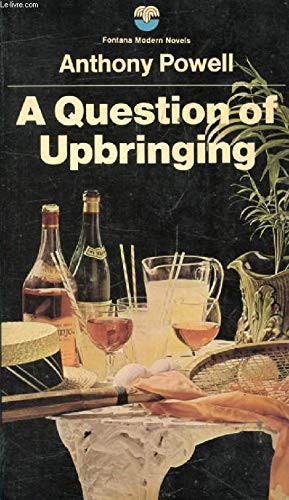
Where to start? I’ve known about this series for a long time, it’s pretty famous and the overall title “A Dance to the Music of Time” is entrancing. I’m sure I’ve tried to read it before and found it either impenetrable or boring, but I didn’t find it either of those things this time so I wonder if I’m confusing it with something else I’ve tried to read. Even if I was pretty young when I tried to read before, it starts with what’s basically a school story so I’m surprised I would ever have given up on that, I was quite a fan of school stories as a child and still tend to enjoy them, now perhaps for the nostalgia value of having enjoyed them before than for themselves.
What puts me off this story now, and might have done in the past, is how very male the story is. Even girl’s school stories are peppered with more males than there are women here. I started to keep track of every time a woman was mentioned. A mother here, a great aunt there, then, rather alarmingly, a prostitute is mentioned. Up until that I thought I was reading about boys of twelve or thirteen, but had to revise the estimate upwards. It turns out that they must have been seventeen or eighteen year olds, approaching the end of their school days. There are four parts to this story, starting at school and ending at university, with a hiatus in between where the narrator stays with his school friends and then at a lodging house in France. I’m glad to report that a few more women turn up in the in between parts, but very few of them get actual personalities.
The lack of personality of the women is totally down to the narrator not allowing them any, though he doesn’t have much himself anyway. I’m feeling that there was supposed to be a “slow sexual awakening” going on here, but it’s so sleepy that the narrator barely notices it himself. My guess would be that this series is at least vaguely autobiographical. If I’ve picked up the clues correctly it’s set in the years after the first world war and I’d guess the series goes on to follow the same characters throughout their lives.
I know I’m sounding pretty flippant about it but I did enjoy the book. It’s definitely just an introduction and not really a story in itself, it’s got many things that wind me up, it’s hard to tell how straight the characters were intended to be played. A character described as something like “having not yet made up his mind whether to be Prime Minister or a great poet” made me laugh, and I’m pretty certain the author was playing up the satire at that point, but other bits made me not so sure, it’s certainly not Wodehouse. (And wouldn’t it be lovely if some of our present crop of public school educated politicians had taken the “great poet” route instead, not that I’m sure poetry ought to be so maligned really.) I’m not sure what the question of upbringing in the title is supposed to be, other than the boys are made out to be slightly different shades of posh, different in the way that the 47 different shades of magnolia on a paint shade card are all faintly different side by side but very few people would have a clue which you painted your room in once the empty paint pot is thrown away. There was one character who was less posh in the university section of the book, at one point he was said to be from the Midlands, then he had a “North Country accent”, and he had a conversation with the narrator about money which made the author realise that there were bigger money problems than not being able to afford the vintages of wine you desired. Though that character also pointed out that public schools ‘couldn’t be less “public”’ making me give the author the benefit of the doubt and maybe this book was actually more satirical than I was taking it as.
It’s funny how I can love books, rate them at five stars and have nothing to say about them other than I loved them. Whereas something like this is definitely not a five star in my opinion, but I find plenty to ramble on about it, and I quite want to read more just for the experience. The book felt more like historical documentation than I was expecting, often what I enjoy about old books is that the people in them aren’t really very different to people today, this gave me the opposite sort of a feeling, even though I know full well that the world hasn’t changed enough that the kind of characters in the book, with their backgrounds, wouldn’t still, on the whole, get on perfectly well.
